Introduction
President Joe Biden is pushing to reopen the majority of the nation’s elementary and middle schools for full-time in-person learning by early May, but some families aren’t comfortable sending their children back — and not only because of COVID-19.
The rise in anti-Asian bullying, harassment and violence, including the March mass shootings in the Atlanta area, which left six Asian women dead, has given Asian American families pause.
Since the pandemic began, anti-Asian hate and harassment has manifested in thousands of incidents across the country, according to Stop AAPI Hate, an organization that tracks discrimination against Asian Americans and Pacific Islanders. Some of the documented attacks were virtual, such as racist Zoom bombings of a Lunar New Year celebration at a private school in the San Francisco Bay area and Chinese classes at a suburban Boston high school. Other examples include reported attacks on Asian American teenagers in New York, the San Fernando Valley and the suburbs of Washington, D.C.
A U.S. Department of Education survey published in late March revealed that 15% of Asian American students were attending school in person full-time in January. That is compared with 49% of white students, 33% of Latino students and 28% of Black students.
Across the nation, about 43% were still in full-time remote learning in January. Among Asian American students, that share was nearly 70%.
Harassment isn’t the sole factor for this stark difference. Many Asian American students attend school on the East and West coasts, where fewer districts offer five days per week of in-person instruction. Others have opted to continue remote learning because they live in multigenerational households, where children cannot be separated from older family members more vulnerable to COVID-19.
But many still fear their children will face racist harassment on campus or on their routes to school, said Vanessa Leung, co-executive director of the Coalition of Asian American Children and Families, a New York City-based organization that advocates for improved policies, funding and services for Asian Pacific Americans. A year has passed since the organization launched its campaign against anti-Asian hate and the repercussions of racism during the pandemic.
During her time at the coalition, Leung’s work to stamp out race-based harassment helped prod the New York City Council to pass the Dignity in All Schools Act, a 2010 law which requires the city education department to record, track and publish an annual report on harassment incidents in New York schools.
During a phone interview with the Center for Public Integrity, Leung, who is Asian American, discussed why some families remain leery about returning to school and what districts should do to support students as more schools reopen for in-person learning.
*This conversation has been edited for length and clarity.
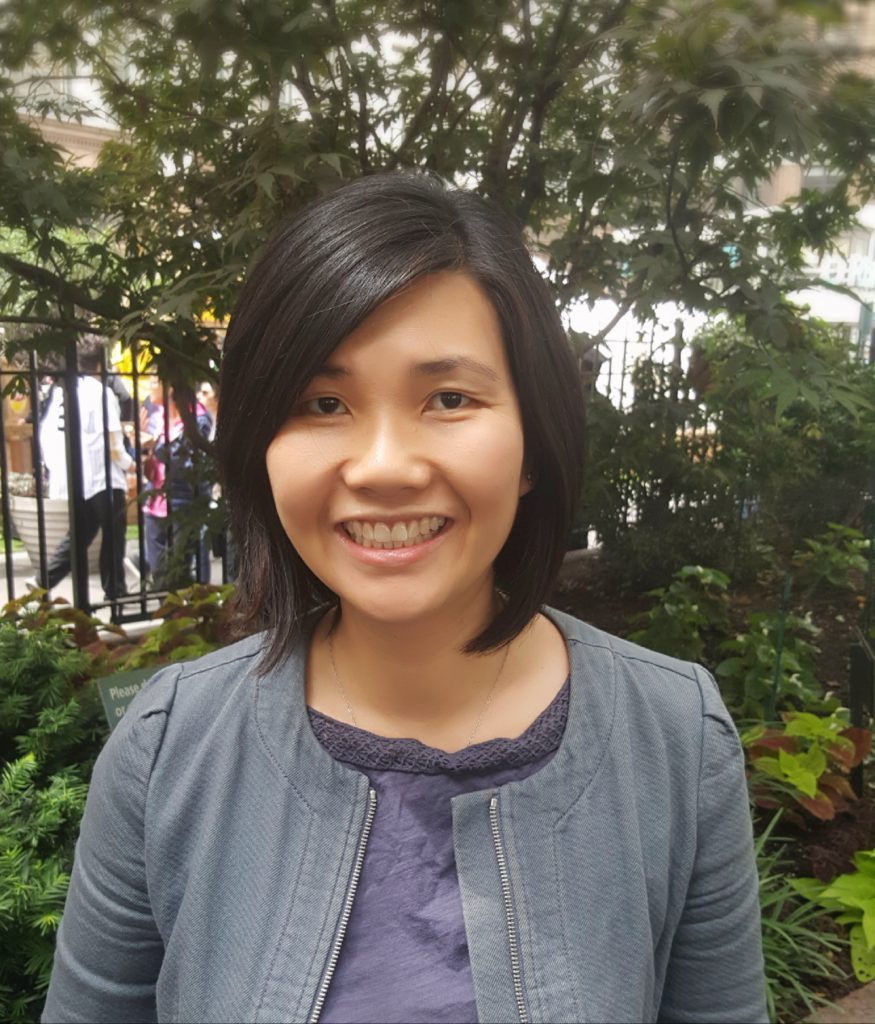
Have recent physical and verbal attacks made students more reluctant to return to in-person learning?
I don’t think it’s a recent thing. It’s a little bit more top of mind, but concerns were coming early on, over a year ago. For our high school youth, many of them commute, with multiple buses and transfer points just to get to school. I think it was a level of considering what’s the COVID risk on top of what is the sentiment out there? Are we still going to be targets? It was one of the multiple factors that our families took into consideration while making a decision.
During the summer, when it was a little bit warmer, we tried to bring together small groups outside in a very socially distanced way. Many of them were like, “I don’t think my parents will let me come out yet.” It’s one of those things where I think people finally realize that our acceptance in this country is conditional in a lot of ways.
How can schools respond to attacks and discrimination?
There’s a “Respect for All” [an anti-bullying initiative of the New York City Department of Education] point person at every school, and they put the “Respect for All” posters up and you’re supposed to get a “Respect for All” brochure at home so that [parents] know. Every year it comes home, and I’m like, this stuff kind of doesn’t change mindsets, this doesn’t change behavior. We’re just like, this is easy for the system to say “Oh, we’re doing something, and check it off.”
How do we connect the work that they have already been doing to what happened this past year, and particularly what happened in Atlanta? There’s anti-racism work to do and schools need to be committed to doing that. A lot of processing and unpacking may need to happen about what it means to be anti-racist, to stand out against all forms of hate.
What I’m hearing from you is that it isn’t enough just to condemn what has happened.
The bare minimum is naming it, acknowledging it and then lending that support and demonstration of empathy. It’s very easy to denounce what’s happened. It is really the much harder work of, “How do we move forward?” that we need to focus on. A lot of it, in my mind, cannot be based in fear, cannot be Band-Aid solutions if we’re not really diving into the root causes of these incidents.
I’m all about nuances and difference and really understanding, because I feel like that’s the only way you can have a proper policy response. This can provide an opening for safer spaces for the Asian American students to come and share and not be judged about what it is that they’ve seen or need. A [blanket] response is not going to actually solve our problems. There are a lot of these conversations, difficult and hard conversations, that we need to have as a community and as a city.
Corey Mitchell is a senior reporter at the Center for Public Integrity. He can be reached at cmitchell@publicintegrity.org. Follow him on Twitter at @C_C_Mitchell.
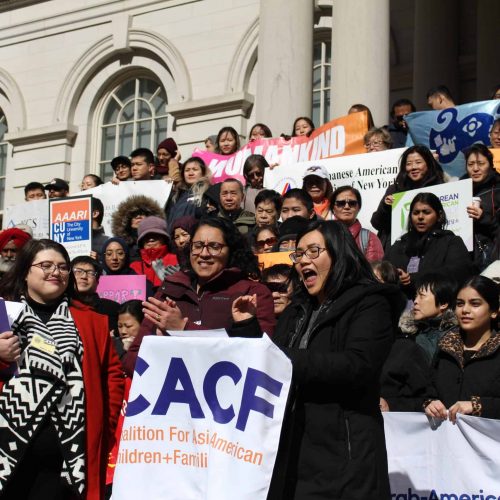
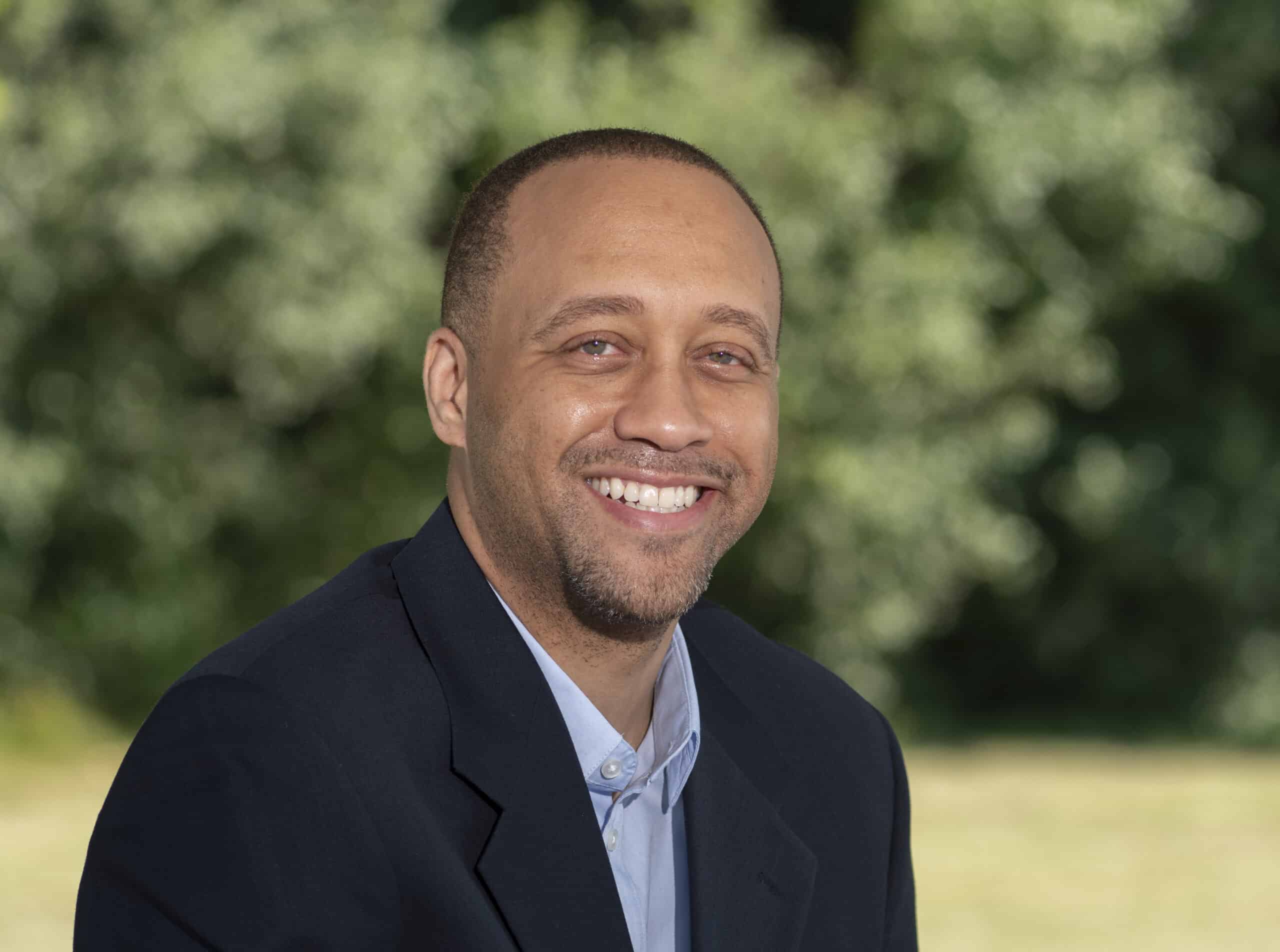

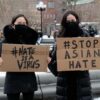
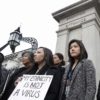
Join the conversation
Show Comments